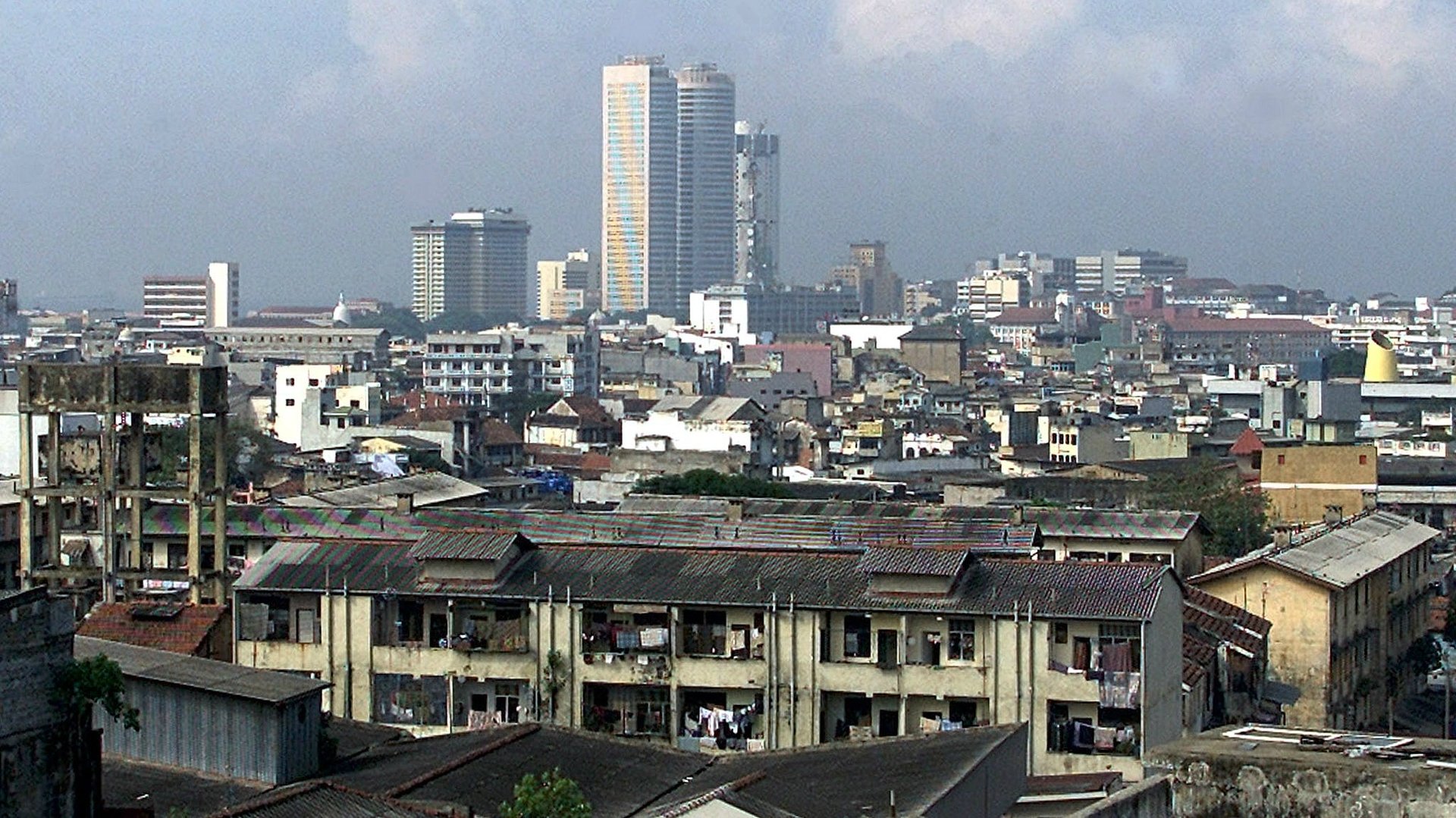The puzzling non-profit behind the “World Trade Center” name makes a surprising amount of money
Reports surfaced this weekend that the Port Authority of New York and New Jersey had sold the rights to the name “World Trade Center” back in 1986 for just $10. The buyer, a not-for-profit named the “World Trade Centers Association” (WTCA), has been licensing the name to buildings around the world for a yearly fee of $10,000, plus a $200,000 initial registration. In return for use of the name on New York’s new One World Trade Center tower and on associated souvenirs, WTCA is asking for free office space in the tower worth $500,000.


Reports surfaced this weekend that the Port Authority of New York and New Jersey had sold the rights to the name “World Trade Center” back in 1986 for just $10. The buyer, a not-for-profit named the “World Trade Centers Association” (WTCA), has been licensing the name to buildings around the world for a yearly fee of $10,000, plus a $200,000 initial registration. In return for use of the name on New York’s new One World Trade Center tower and on associated souvenirs, WTCA is asking for free office space in the tower worth $500,000.
The organization itself is as strange as the deal. Its 2011 tax filing says that “The World Trade Center Association promotes world trade through the concept of World Trade Centers established in cities throughout the world.” A video it produced argues that the name-recognition brings international visitors to world trade centers, who “introduce new spending, which results in a positive fiscal impact on the host community.” Its director of member services, Robert Frueh, says “We are a trusted brand, a branding solution.”
It’s hard to argue with Frueh’s assertion. According to WCTA, 322 companies have licensed the right to call themselves a “World Trade Center,” in such bustling hubs of global trade as Puerto Ordaz, in northeastern Venezuela; Vaxjo, in southern Sweden; and Oxnard, a coastal town a short drive west of Los Angeles. Besides the use of the name, members get access to private conferences, contacts, and business opportunities, which—one WTCA member told The Record—have made him a lot of money.
The WTCA is registered under section 501(c)(6) of the US Internal Revenue Code, meaning it gets tax-exempt status under the same conditions as—among others—boards of trade, chambers of commerce, and professional football leagues. This status requires an organization to be “not organized for profit and no part of the net earnings of which inures to the benefit of any private shareholder or individual.”
The WTCA brought in $5.4 million in 2009, $6.6 million in 2010, and $6.9 million in 2011 from membership, initiation, and “option fees” alone. The latter allow companies to reserve the right to call themselves a “World Trade Center” of whatever city, even though the building may not yet be completed. Total revenues—which include investment income—amounted to $7.1 million.
WTCA has made a profit—often over $1 million—in six out of the last eight years through 2011 (the last year filings are available on Guidestar). By 2011 it had accumulated $12 million in net assets, $10 million of which were invested in publicly-traded securities and index funds. That year, the organization spent $483,573 on conferences and meetings, another $172,526 on travel, and $2.7 million in compensation for its 27 employees. Of that, $626,573 went to its former president, the now deceased Guy Tozzoli, who scored the sale of the “World Trade Center” name in the first place. Most of the other expenses were dedicated to the management’s office space, advertising, and bad debt (some of that being refundable initiation fees).
When current salaries, pensions, and other long-term expenditures are taken out, that leaves a relatively large profit considering the organization’s size. The US Council for International Business, to take an example, has $10.5 million in revenue through membership, but spends more than it takes in (registration required). Even social clubs—a different designation under the IRS code but which provide similar networking services to members alone—don’t take in as much money for their size. The Yale Club of New York, for example, made $2.4 million in profit in 2011, compared to WTCA’s $1.2 million. But its revenues, at $30.8 million, were more than four times as big as WTCA’s, and it had more than a dozen times as many employees.
In a statement sent to Quartz, the WTCA wrote, “The value that the ‘World Trade Center’ brand represents today has been built since [1986] by the WTCA at considerable cost and effort. The WTCA has invested millions of dollars to protect the ‘World Trade Center’ brand through trademark registrations and enforcement actions around the world.” The organization did not respond to questions about the nature of WTCA’s services or its profits.